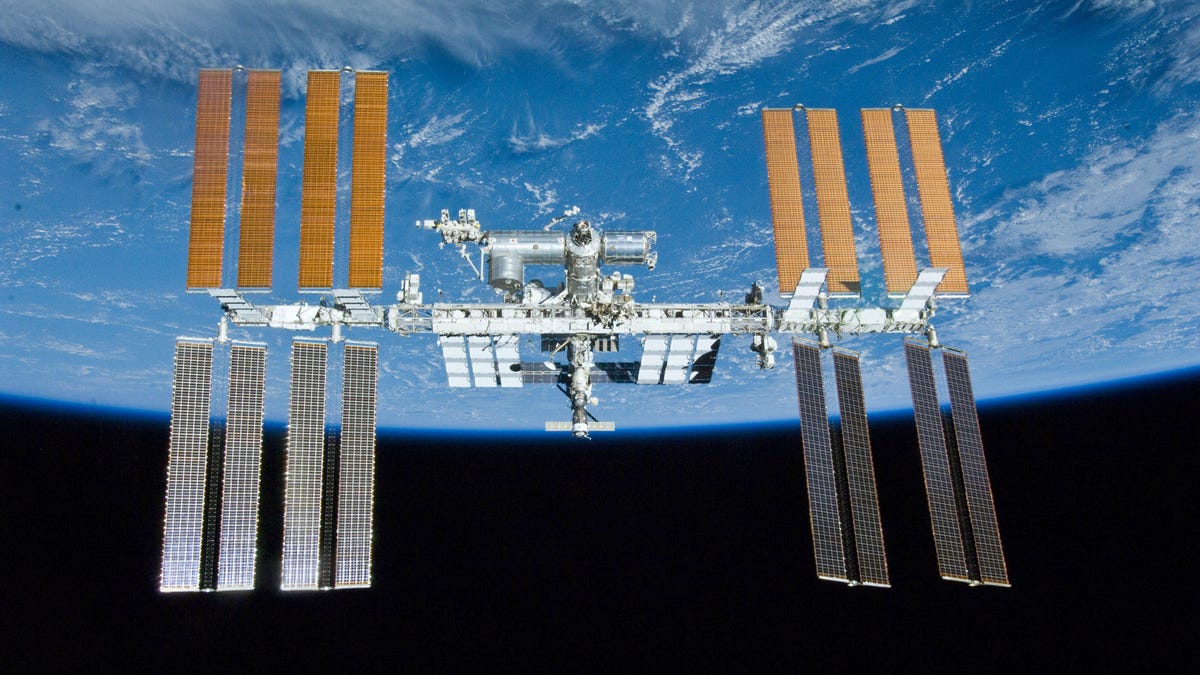NASA astronaut's blood clot in space gets treated by doctor on Earth
"There are no emergency rooms in space."

It was like Grey's Anatomy in microgravity. A NASA astronaut developed a blood clot (deep vein thrombosis, or DVT) in the jugular vein partway through a long-term mission on the International Space Station. The space agency called in University of North Carolina doctor Stephan Moll, a blood-clot expert, to help develop a treatment plan for the tricky situation.
UNC School of Medicine blood-clot expert Stephan Moll at NASA.
NASA hasn't revealed the crew member's name or when the incident happened, though the astronaut discovered the clot two months into a six-month mission while getting a neck ultrasound for a research study.
When working with challenging cases, doctors often look to the medical record to see how previous occurrences have been handled. But there was no precedent for treating a blood clot in space.
"Knowing there are no emergency rooms in space, we had to weigh our options very carefully," Moll said in a UNC statement on Thursday.
Moll and a NASA medical team chose to treat the clot with blood thinners. The limited on-board supply of medicine required carefully meting out the dose until a fresh cargo shipment arrived from Earth.
The astronaut went through about 40 days of injections before switching to an oral pill. The NASA crew member discontinued the pills shortly before returning to Earth and required no follow-up treatment for the clot.
Moll co-authored a case study on the clot published in the The New England Journal of Medicine on Thursday.
The case study sheds some new light on NASA research published in November 2019 that looked into issues with astronaut blood flow during long-duration space missions. The report described the jugular clot in an otherwise healthy astronaut as "a newly discovered risk associated with spaceflight."
Moll and NASA scientists have called for more research into blood clots in space, including treatments and potential preventative measures.
"How do you minimize risk for DVT? Should there be more medications for it kept on the ISS? All of these questions need answering, especially with the plan that astronauts will embark on longer missions to the moon and Mars," Moll said.
Originally published Jan. 2.

